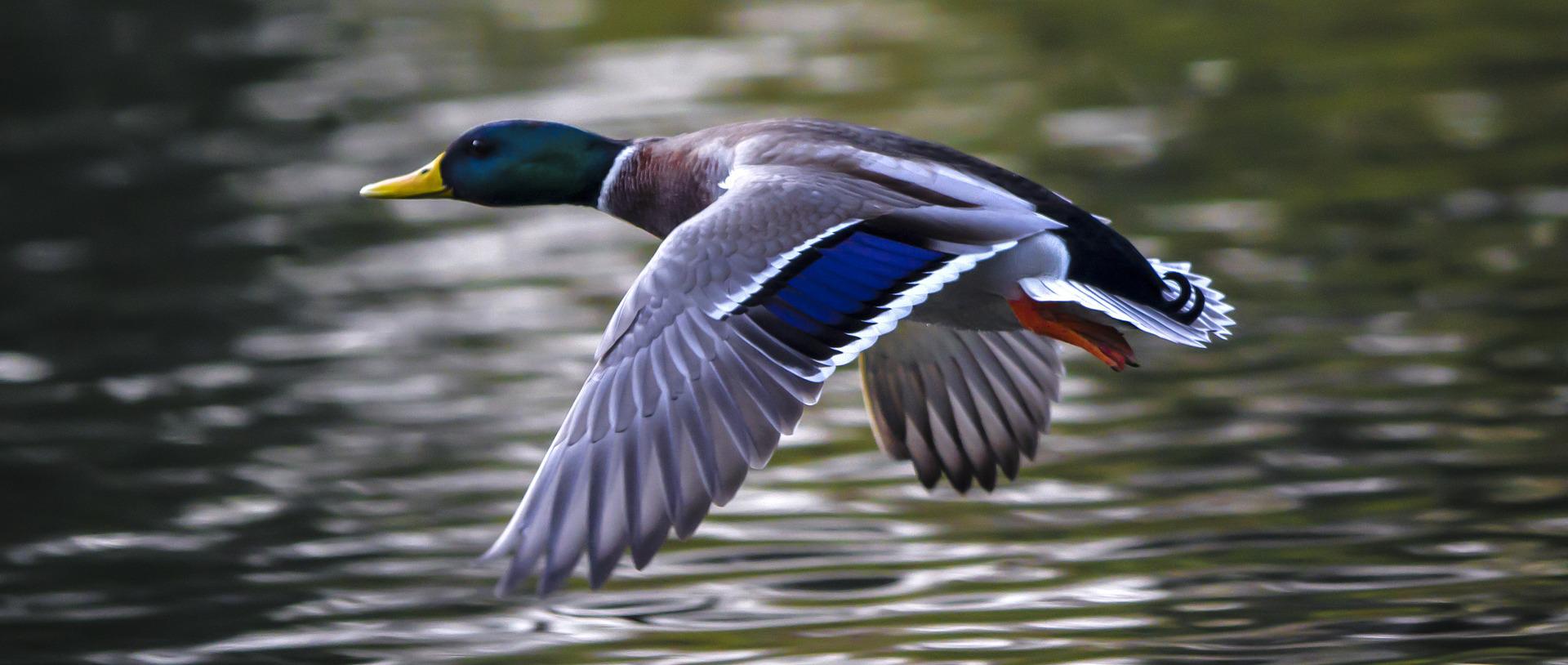The BC SPCA is asking British Columbians to temporarily take down backyard bird feeders and bird baths to help prevent the spread of avian flu.
“What we’re seeing is a highly pathogenic avian influenza has been spreading across the continent,” said Dr. Andrea Wallace, Manager for Wild Animal Welfare with the BC SPCA.
“We’re seeing more confirmed and suspected cases of avian flu in BC.”
Wallace says wild birds, such as waterfowl (ducks and geese), and raptors (hawks and eagles) are at the highest risk for the virus, but it impacts all bird species.
“That includes pet birds, farm animals like chickens and turkeys, and it’s not out of the realm of possibility it would also impact the birds that you see at feeders,” Wallace explained.
“Bird feeders encourage an unnatural congregation of birds, and they attract other wildlife, including predators and rodents. Even though, raptors might not be feeding at bird feeders, they will be attracted to bird feeders, because they’ll be hunting rodents and other birds that are feeding at those feeders.”
She added fallen seed is an especially bad source of disease, as birds are exposed to fallen droppings below a feeder.
“The presence of these bird feeders and bird baths, that increase the activity around them, also increases the risk of transmitting the virus between other animals.”
Wallace said the BC SPCA is also reminding the public to be vigilant for the virus, and watch out for any sick birds.
“Sick birds may appear lethargic, they can look like they’re fluffed up, they might have nasal discharge, or potentially even excessively watery eyes or swelling of the head and eyelids,” Wallace said.
To prevent catching the virus, Wallace recommends keeping your distance from your birds.
“If you don’t need to interact with the bird, don’t,” Wallace said.
“Make sure that if you are interacting that you’re protecting yourself and the bird, the protection goes both ways. Maybe wearing gloves or potentially a mask, and also using a towel or some other barrier between yourself and the bird if you’re having to pick one up.”
The public is asked to report any sick or dead wild birds to the Canadian Wildlife Health Cooperative.
Something going on in the Prince George area you think people should know about?
Send us a news tip by emailing pgnews@vistaradio.ca.






